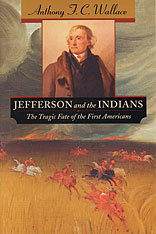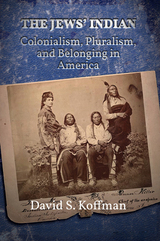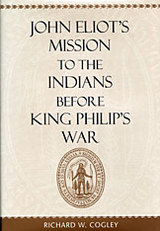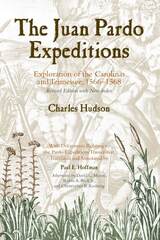4 start with J start with J

In Thomas Jefferson's time, white Americans were bedeviled by a moral dilemma unyielding to reason and sentiment: what to do about the presence of black slaves and free Indians. That Jefferson himself was caught between his own soaring rhetoric and private behavior toward blacks has long been known. But the tortured duality of his attitude toward Indians is only now being unearthed.
In this landmark history, Anthony Wallace takes us on a tour of discovery to unexplored regions of Jefferson's mind. There, the bookish Enlightenment scholar--collector of Indian vocabularies, excavator of ancient burial mounds, chronicler of the eloquence of America's native peoples, and mourner of their tragic fate--sits uncomfortably close to Jefferson the imperialist and architect of Indian removal. Impelled by the necessity of expanding his agrarian republic, he became adept at putting a philosophical gloss on his policy of encroachment, threats of war, and forced land cessions--a policy that led, eventually, to cultural genocide.
In this compelling narrative, we see how Jefferson's close relationships with frontier fighters and Indian agents, land speculators and intrepid explorers, European travelers, missionary scholars, and the chiefs of many Indian nations all complicated his views of the rights and claims of the first Americans. Lavishly illustrated with scenes and portraits from the period, Jefferson and the Indians adds a troubled dimension to one of the most enigmatic figures of American history, and to one of its most shameful legacies.

Honorable Mention, 2021 Saul Viener Book Prize
The Jews’ Indian investigates the history of American Jewish relationships with Native Americans, both in the realm of cultural imagination and in face-to-face encounters. These two groups’ exchanges were numerous and diverse, proving at times harmonious when Jews’ and Natives people’s economic and social interests aligned, but discordant and fraught at other times. American Jews could be as exploitative of Native cultural, social, and political issues as other American settlers, and historian David Koffman argues that these interactions both unsettle and historicize the often triumphant consensus history of American Jewish life. Focusing on the ways Jewish class mobility and civic belonging were wrapped up in the dynamics of power and myth making that so severely impacted Native Americans, this books is provocative and timely, the first history to critically analyze Jewish participation in, and Jews’ grappling with the legacies of Native American history and the colonial project upon which America rests.

No previous work on John Eliot's mission to the Indians has told such a comprehensive and engaging story. Richard Cogley takes a dual approach: he delves deeply into Eliot's theological writings and describes the historical development of Eliot's missionary work. By relating the two, he presents fresh perspectives that challenge widely accepted assessments of the Puritan mission.
Cogley incorporates Eliot's eschatology into the history of the mission, takes into account the biographies of the proselytes (the "praying Indians") and the individual histories of the Christian Indian settlements (the "praying towns"), and corrects misperceptions about the mission's role in English expansion. He also addresses other interpretive problems in Eliot's mission, such as why the Puritans postponed their evangelizing mission until 1646, why Indians accepted or rejected the mission, and whether the mission played a role in causing King Philip's War.
This book makes signal contributions to New England history, Native American history, and religious studies.

READERS
Browse our collection.
PUBLISHERS
See BiblioVault's publisher services.
STUDENT SERVICES
Files for college accessibility offices.
UChicago Accessibility Resources
home | accessibility | search | about | contact us
BiblioVault ® 2001 - 2024
The University of Chicago Press









